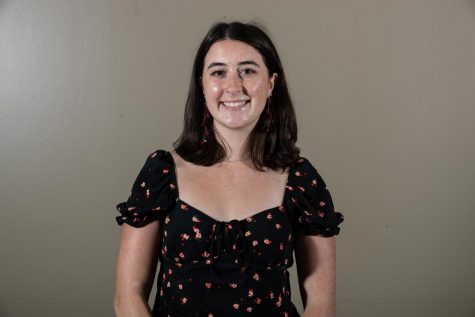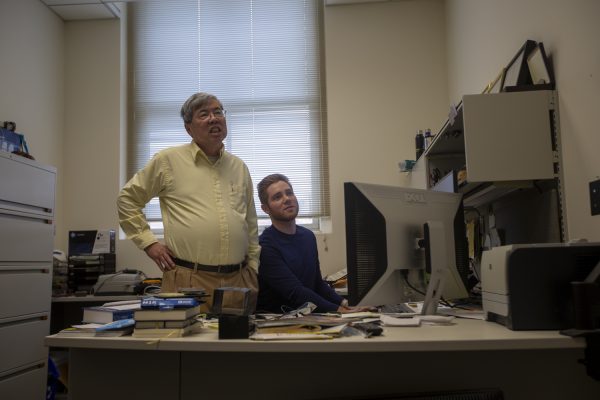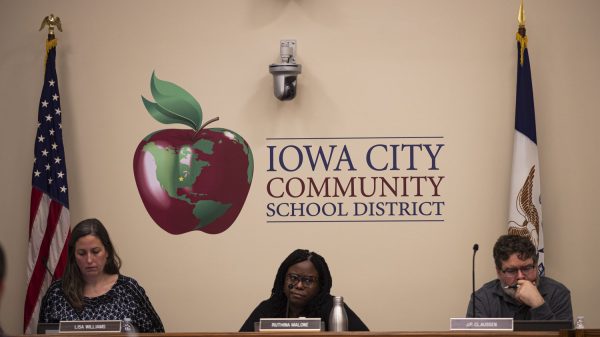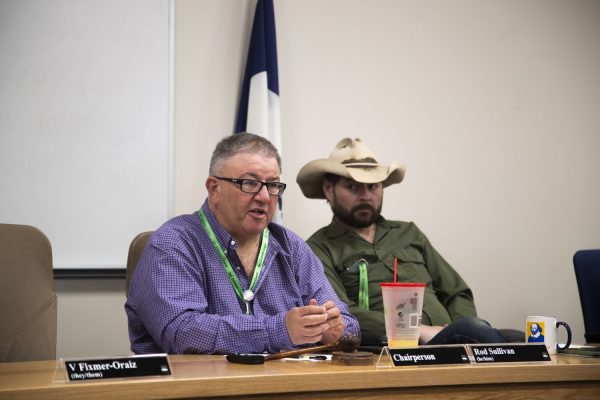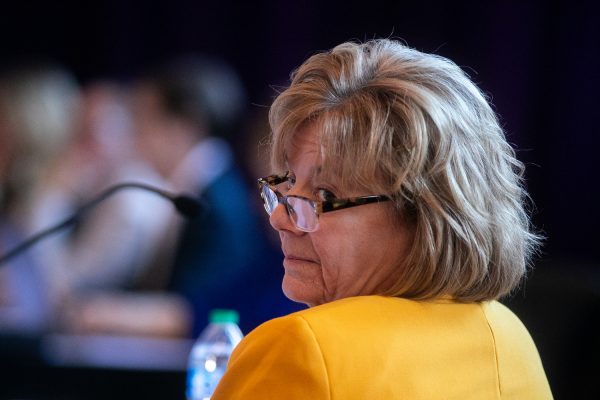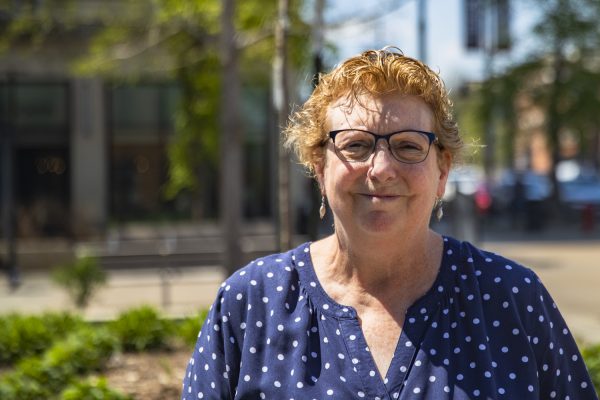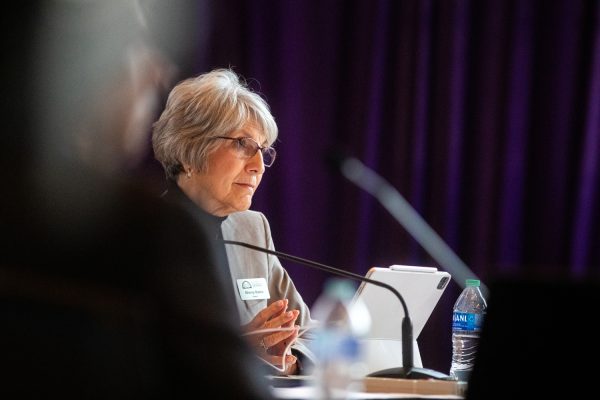UI researchers develop a mobile simulation health-care truck
UI researchers in the College of Nursing are working to develop a mobile simulation truck that will provide state-of-the-art health care in rural areas of Iowa. The process, however, begins with a needs assessment that will determine the specific needs in different cities around Iowa.
March 6, 2019
University of Iowa researchers in the College of Nursing have received funding for a program that will develop a mobile simulation truck to provide health-care education in rural areas of Iowa.
UI Clinical Associate Professor Cormac O’Sullivan, one of the researchers working on developing the program, said the research is still in the preliminary stages, and scientists are working on a needs assessment to better understand the educational opportunities in rural areas of Iowa.
RELATED: College of Public Health builds healthy eating habits in rural schools
“Our big goal is … to get the needs assessment done,” O’Sullivan said. “And then develop a program where we can go out and deliver simulated education to [emergency medical services] around the state of Iowa and improve care for the entire state.”
The needs assessment will allow the mobile simulation truck to better educate health providers in rural areas by fitting specific needs, O’Sullivan said.
Activities done on a daily basis at hospitals in larger cities and academic medical centers such as UIHC are often taken for granted, O’Sullivan said. Putting in IVs and breathing tubes, knowing how to treat heart attacks or emergent deliveries, or stopping severe bleeding are some basic activities that are often not seen in rural hospitals, he said.
“Some EMS providers won’t see that but once every five years, and so if you don’t do it regularly, you kind of lose the experience and you kind of lose the skill set,” he said. “You can gain a lot of that by doing simulation.”
Our big goal is … to get the needs assessment done. And then develop a program where we can go out and deliver simulated education to [emergency medical services] around the state of Iowa and improve care for the entire state.
— UI Associate Professor Cormac O’Sullivan
Jacinda Bunch, a UI associate in the Nursing College and the primary investigator on the grant, said it is very important to understand the needs in rural communities because their geographic and financial medical needs are often very different from larger cities.
Her role as primary investigator ensures that data collected from the needs assessment is useful for further development.
“If we’re going to provide a good service, ultimately, with the simulation truck, we need to know what they really need versus what we think they need,” she said.
O’Sullivan said that researchers hope to have the final results from the needs assessment by April of next year. Once the results are analyzed, they will request a grant for a mobile simulation truck from Helmsley Charitable Trust, he said.
Iowa will be the fifth state to receive the mobile simulation truck, said Heidi Schultz, who is working with UI researchers to develop the simulation truck for rural areas as the Leona M. and Harry B. Helmsley Charitable Trust program officer.
“It’s it so exciting that Iowa is doing a needs assessment … to truly meet the needs of their communities,” Schultz said.
The truck takes nine to 12 months to build and looks like a cross between a semitruck and a Winnebago, O’Sullivan said. He said the front half is set up like an emergency room, and the back half is similar to a standard ambulance.
“You can do everything from trauma cases to somebody who has a heart attack to a woman having a baby in the back of your ambulance,” O’Sullivan said.
Bunch said working with researchers April Prunty and O’Sullivan is wonderful because of their own abilities as very intelligent health-care providers.
“I grew up in a very small town … so the rural setting, and the people that live there and the health-care providers there are very important to me,” Bunch said.




